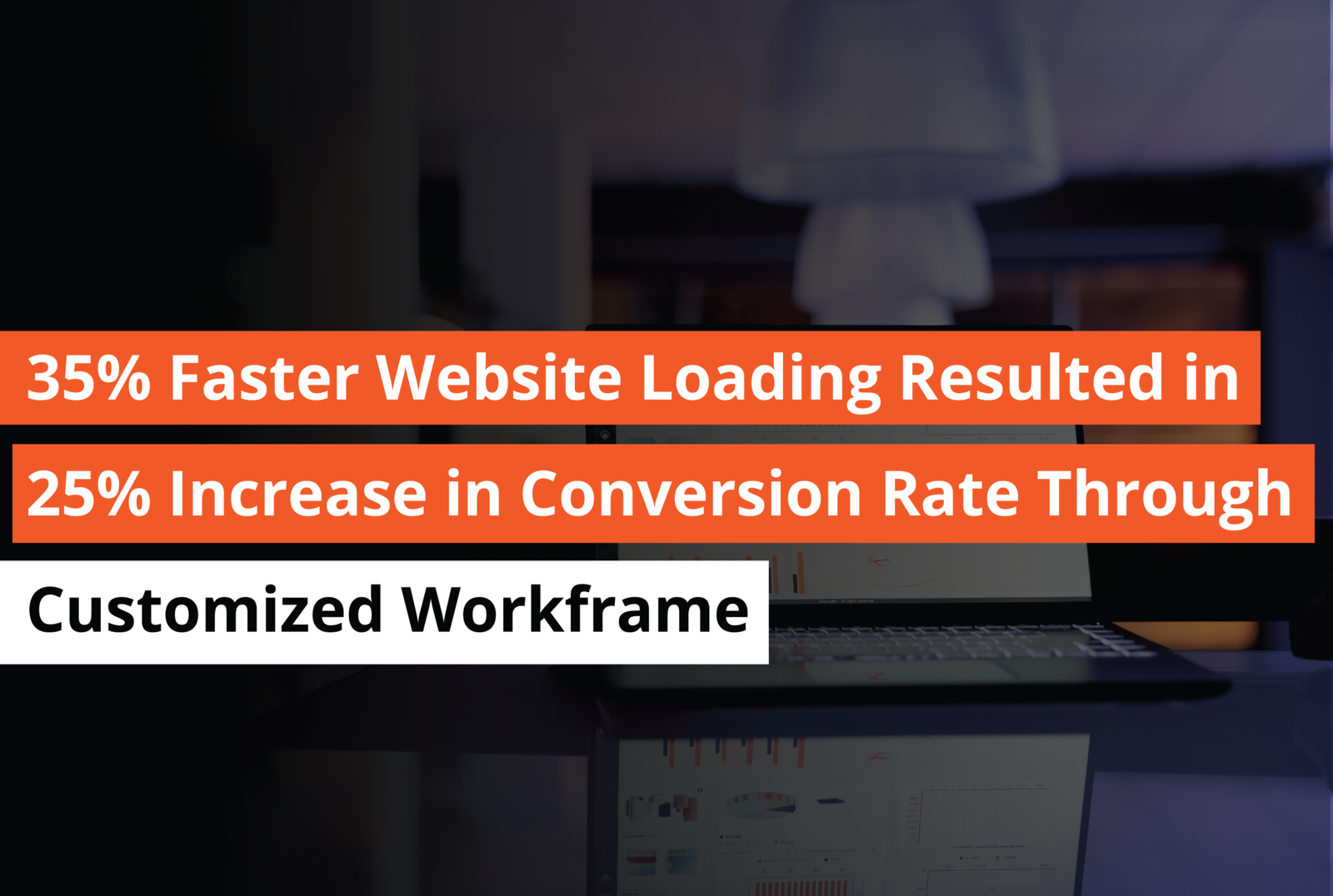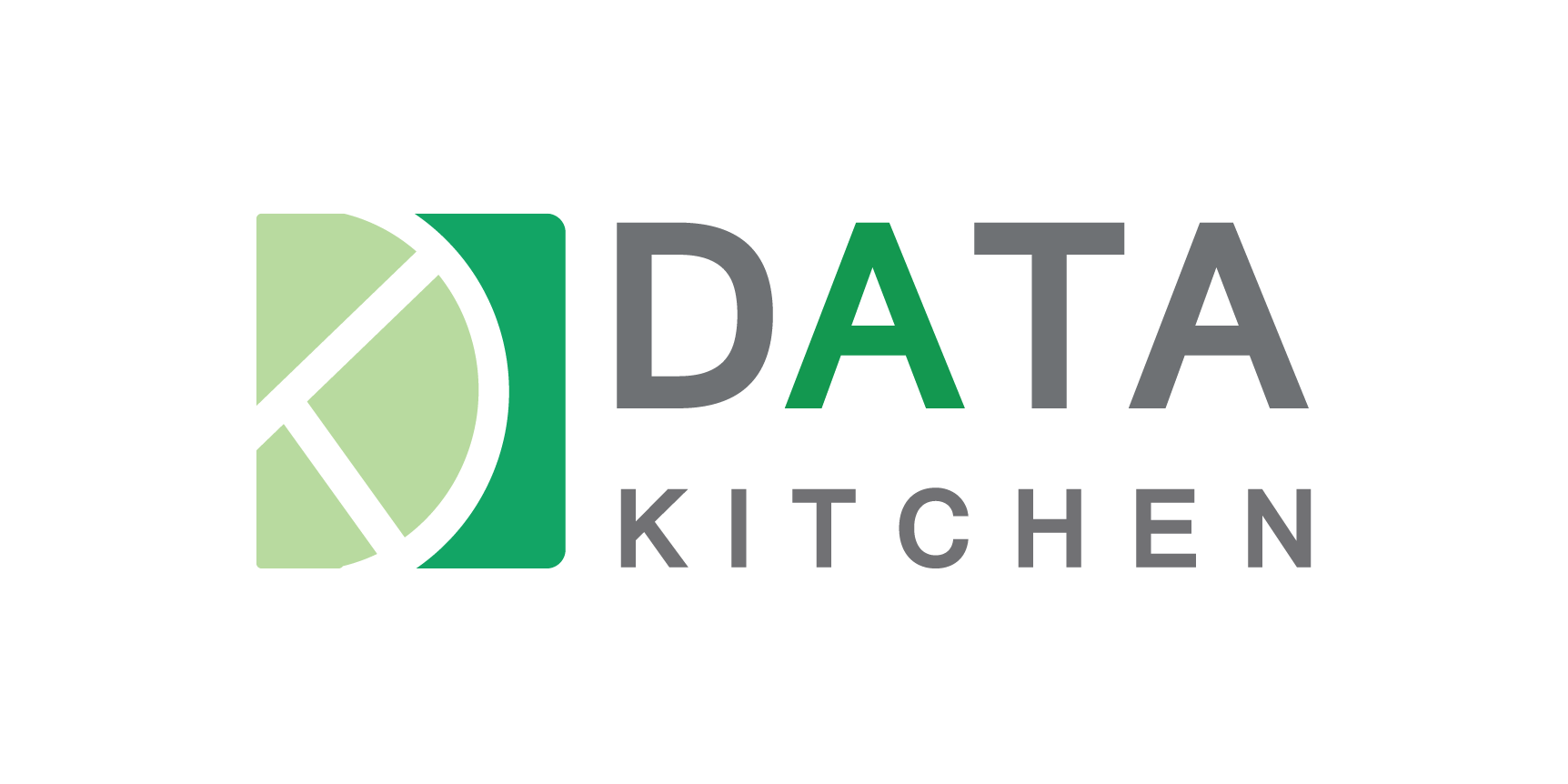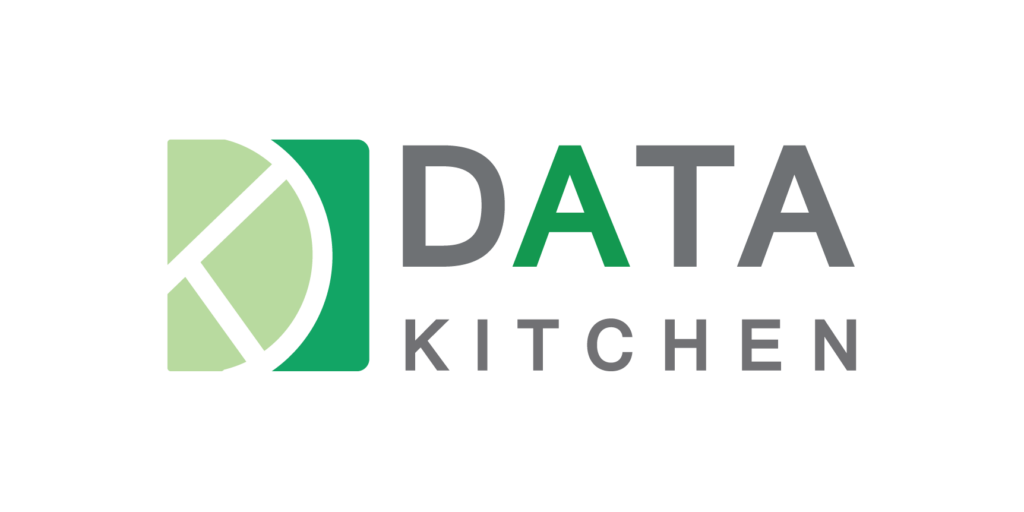Data Ops
Business success today depends on efficient data management and operations. Complere specializes in Data Ops solutions that help organizations maximize their data’s potential. Explore how our expertise can transform your data operations.

Our Data Ops Services
Complere Infosystem provides the opportunities it presents—enhanced decision-making capabilities, improved customer experiences, and the ability to innovate more rapidly—make it a worthwhile endeavor for any data-driven organization.
We have over 200 data experts onboard and over 30 data projects in our portfolio.
Data Pipeline Automation
Data Quality Management
Data Governance
Data Integration
Monitoring and Alerting
Data Governance
How can you benefit from Data Ops?
Increased Efficiency and Agility
- Data Ops streamlines the process of data integration, preparation, and deployment, leading to faster delivery of insights. By automating repetitive tasks and standardizing processes, teams can iterate and respond to business needs more rapidly.
Improved Data Quality and Governance
- Data Ops emphasizes continuous testing, monitoring, and validation of data pipelines. By implementing rigorous quality control measures and adhering to governance standards, organizations can ensure that decision-making is based on accurate, reliable data, reducing the risk of errors and compliance issues.
Enhanced Collaboration and Communication
- DataOps promotes cross-functional collaboration between data engineers, data scientists, analysts, and business stakeholders. By breaking down silos and fostering transparent communication channels, teams can work together more effectively, aligning data initiatives with strategic objectives.
Optimized Resource Utilization
- DataOps enables organizations to optimize resource allocation by efficiently managing data infrastructure and computing resources. By leveraging cloud-based technologies, containerization, and orchestration tools, teams can scale resources dynamically, reducing costs and improving resource utilization

How it Works
01. Automation and Orchestration
-
Automation of Data Processes: Data Ops automates repetitive tasks such as data ingestion, transformation, and deployment, reducing manual effort and minimizing the risk of errors.
-
Orchestration of Data Workflows: Orchestration tools coordinate the execution of data pipelines, managing dependencies, scheduling tasks, and ensuring the efficient flow of data from source systems to target destinations.
03. Continuous Integration and Deployment (CI/CD)
- Continuous Integration: Data Ops involves integrating code changes into a shared repository frequently, allowing teams to detect integration errors early and maintain code quality throughout the development process.
-
Continuous Deployment: Data Ops automates the deployment of data pipelines to production environments, enabling rapid and reliable delivery of updates while minimizing downtime and disruption to operations.
02. Collaborative Development
-
Cross-Functional Teams: Data Ops encourages collaboration between data engineers, data scientists, analysts, and business stakeholders, fostering a shared understanding of data requirements and objectives.
-
Version Control and Documentation: Collaborative development practices such as version control (e.g., Git) and documentation ensure that changes to data pipelines are tracked, tested, and well-documented, facilitating transparency and reproducibility.
04. Monitoring and Feedback Loops
-
Real-Time Monitoring: Data Ops continuously monitors key metrics such as data quality, pipeline latency, and resource utilization in real-time, providing insights into the health and performance of data processes.
-
Automated Alerts and Notifications: Data Ops sets up automated alerts and notifications to alert teams of any anomalies or issues detected in data pipelines, enabling proactive response and resolution of issues to maintain reliability and performance.
01. Strategy
- Clarification of the stakeholders’ vision and objectives
- Reviewing the environment and existing systems
- Measuring current capability and scalability
- Creating a risk management framework.
02. Discovery phase
- Defining client’s business needs
- Analysis of existing reports and ML models
- Review and documentation of existing data sources, and existing data connectors
- Estimation of the budget for the project and team composition.
- Data quality analysis
- Detailed analysis of metrics
- Logical design of data warehouse
- Logical design of ETL architecture
- Proposing several solutions with different tech stacks
- Building a prototype.
03. Development
- Physical design of databases and schemas
- Integration of data sources
- Development of ETL routines
- Data profiling
- Loading historical data into data warehouse
- Implementing data quality checks
- Data automation tuning
- Achieving DWH stability.
04. Ongoing support
- Fixing issues within the SLA
- Lowering storage and processing costs
- Small enhancement
- Supervision of systems
- Ongoing cost optimization
- Product support and fault elimination.
Why Choose Complere?

Expertise
Our team comprises data engineers, data scientists, and DevOps specialists with extensive experience in Data Ops.

Customization
We tailor our Data Ops solutions to meet your unique business needs and objectives.

Data Security
We prioritize data security and compliance to protect your sensitive information.

Scalability
Our solutions are designed to grow with your business, ensuring future-proof data operations.


























